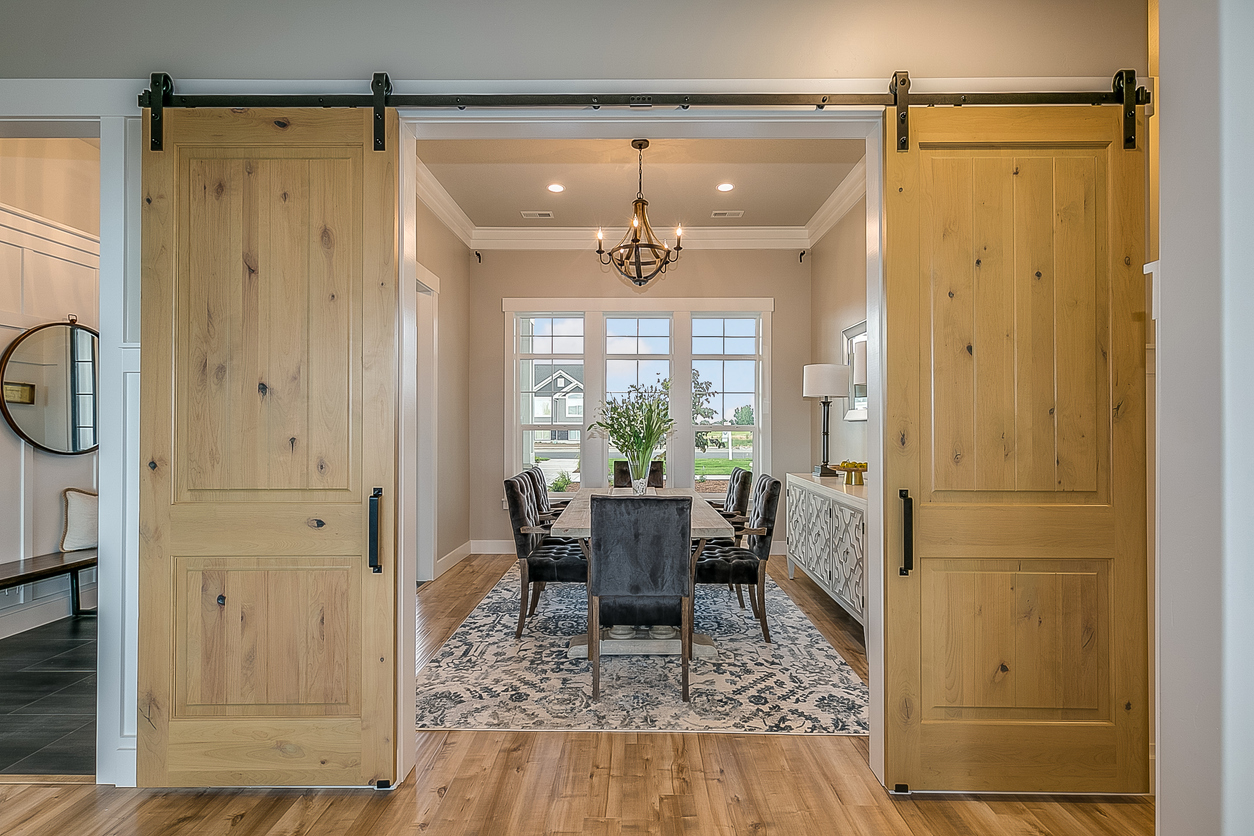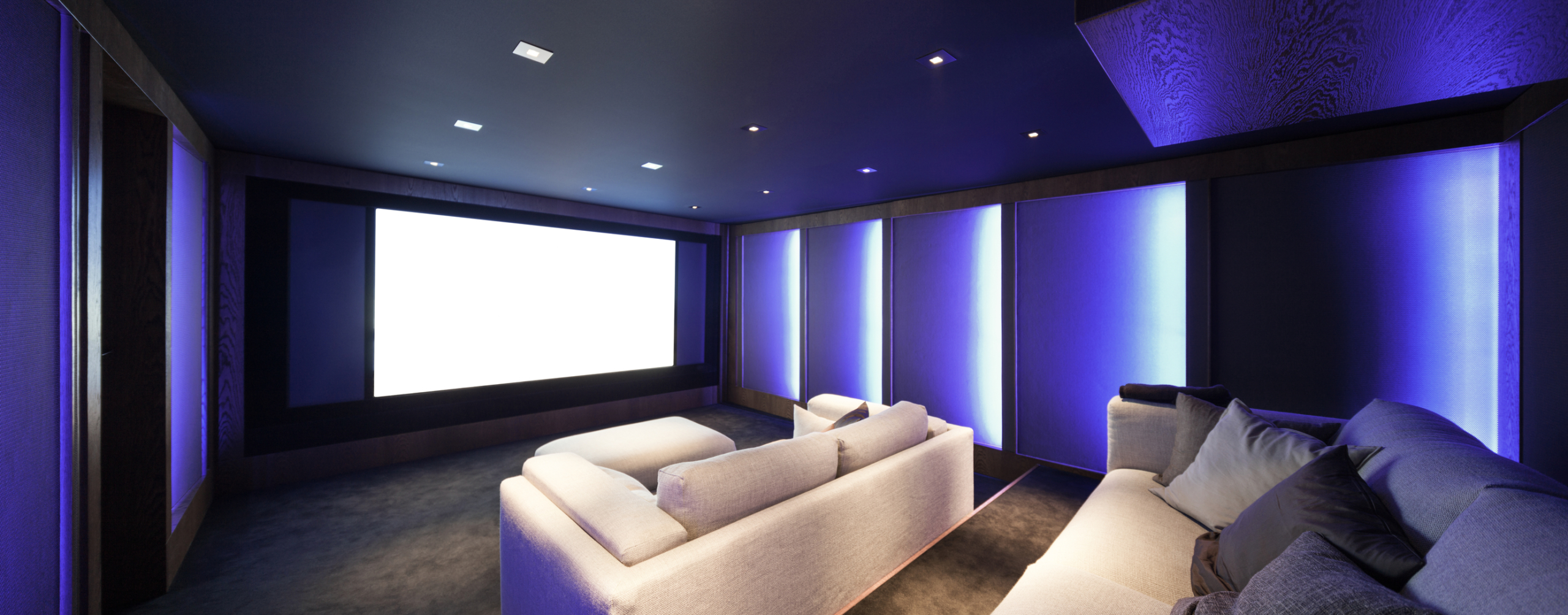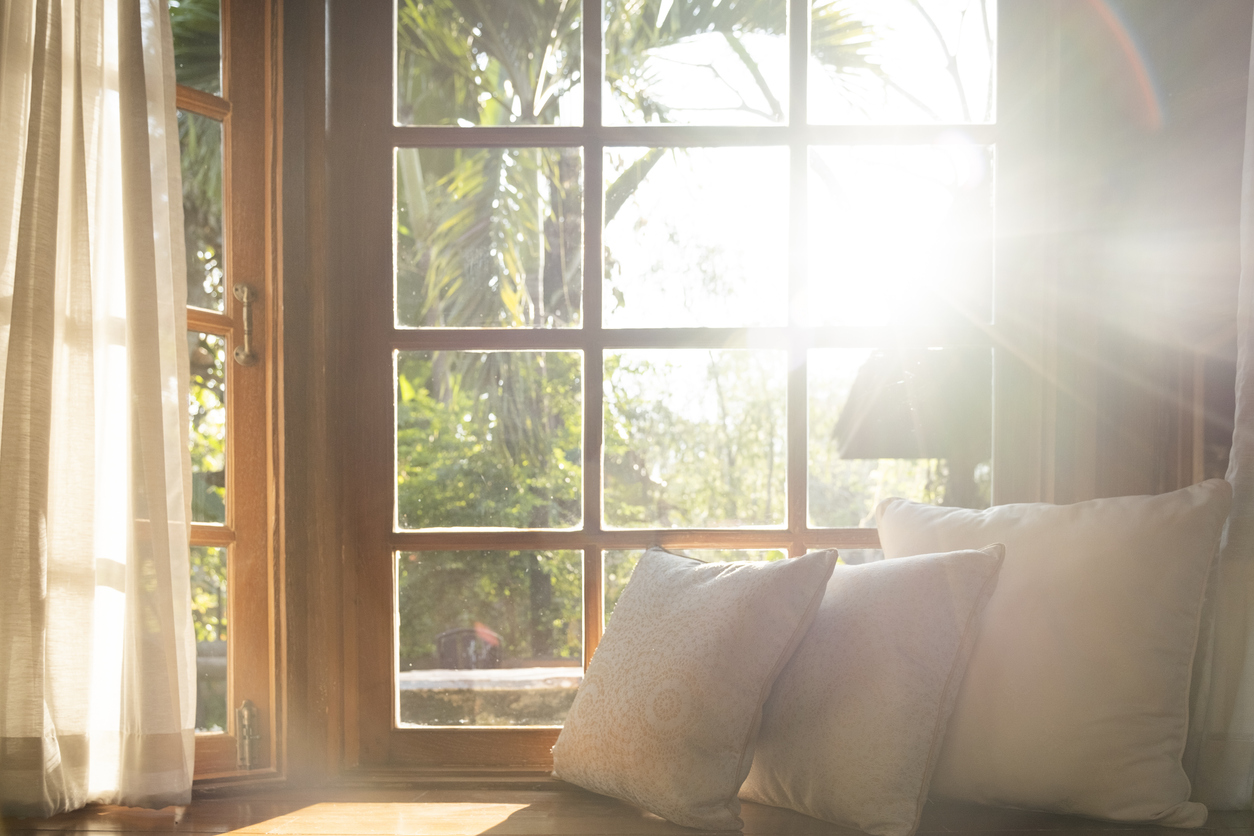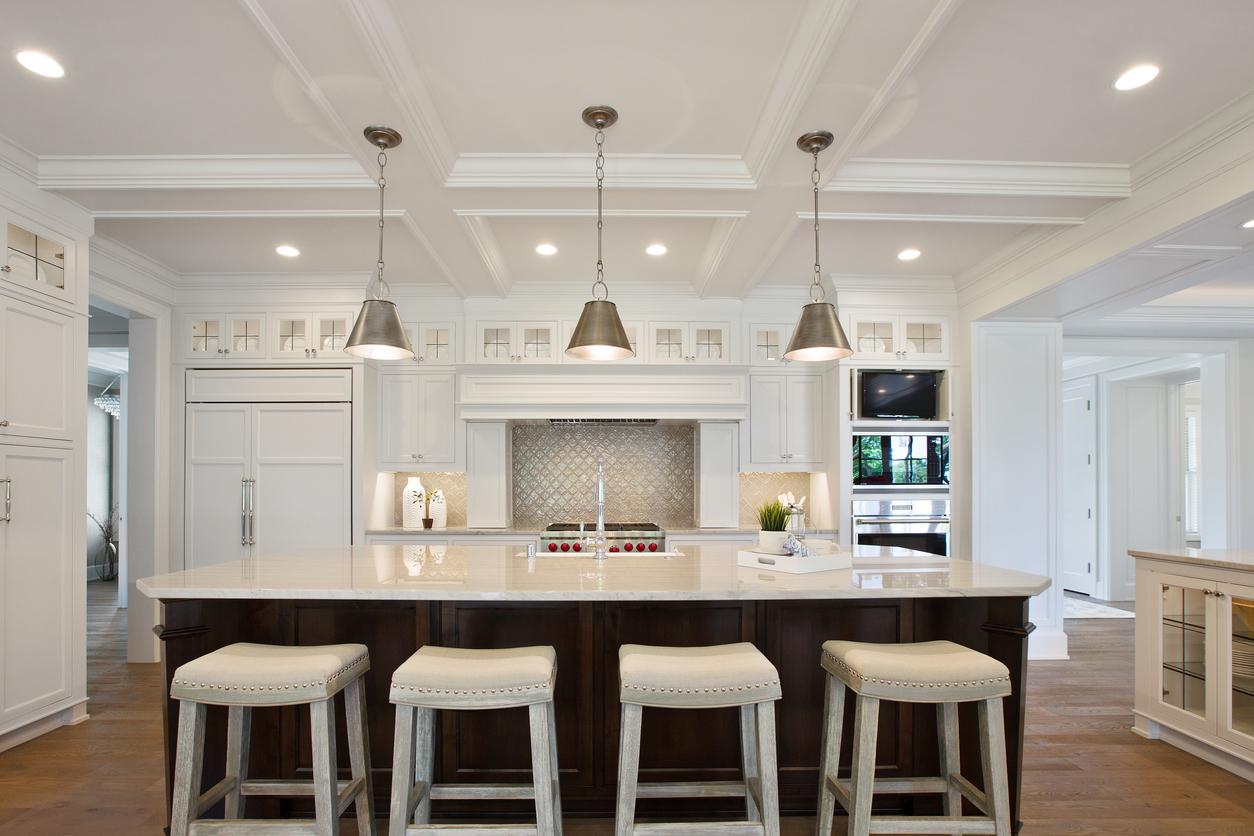The light in space serves many purposes beyond illumination. Lighting can be used differently to enhance individual spaces and fit their overall needs. When we understand the type of space you are working with, we can help decide your lighting design.
Residential Lighting
The lighting in your home has a major impact on your physical and mental well-being. It affects your overall mood. When designing the light for your residential space, keep in mind what mood you want to set in each room. More natural light in a room can improve morale, motivation and promote feelings of peace and calm. Using bright lights in certain areas can help you feel focused and energized. Dimming the lights can be helpful for mood lighting or to provide lower light in the evening. Automation can help you set your lights to fit your daily routine.
Commercial Lighting
In commercial spaces, your focus is typically on functionality. You want to make sure everyone can clearly see what they are doing while working, shopping, walking, etc. The design focus should customize the lighting to fit the specific task taking place in the location. For example, a store might need more emphasis on bright overhead lights while an office space could need more personalized lights.
Hospitality Lighting
Hospitality lighting refers to light in spaces like hotels and restaurants. The main purpose of hospitality lighting is to create the right ambiance. When designing the lighting for any type of hospitality location, consider what feelings the space should invoke. The lighting you choose can create the feel desired.
Often, people take lighting for granted, but its impact on a space is as important as any other element of design. The key to quality lighting is knowing the space well. Different spaces will benefit from different types of lighting.
As you design the lighting for your space, you may benefit from working with an architectural lighting designer.



